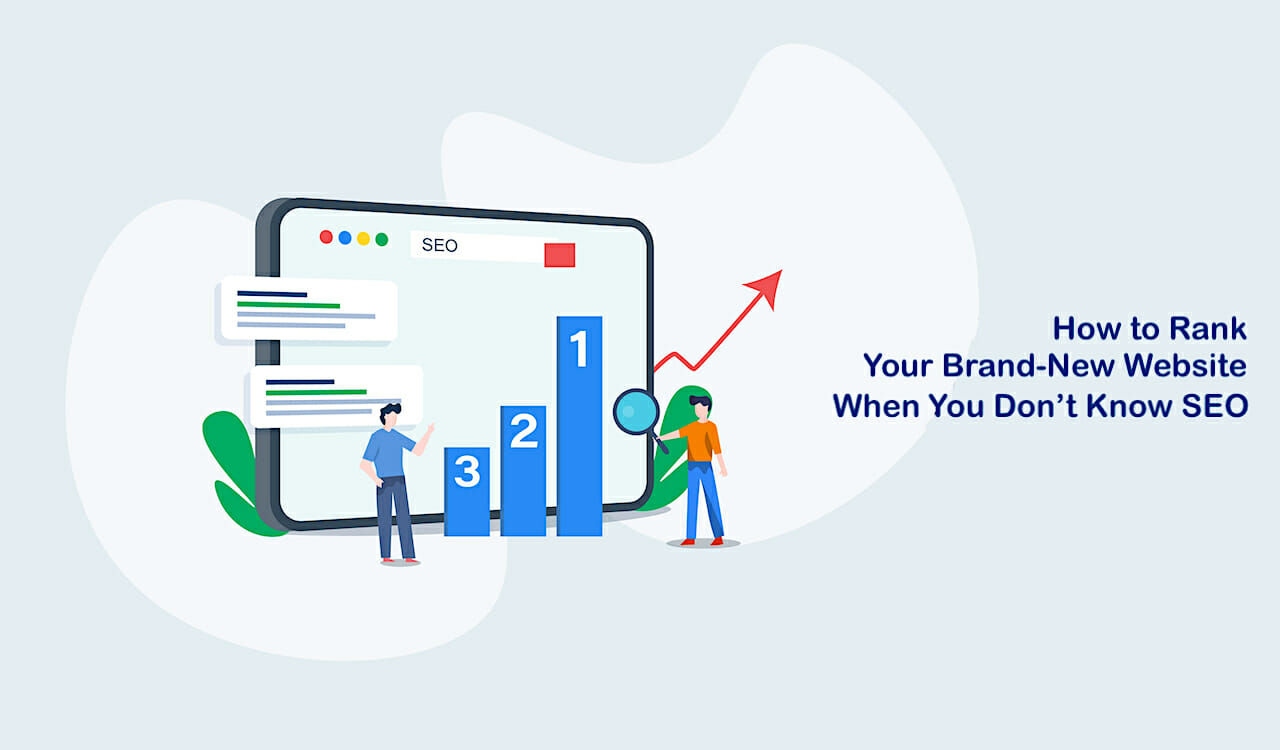
SEO Basics: How to Get Your Website Ranking
Getting your website to rank high on Google and other search engines can feel like a mystery. But it's not magic—it’s a process called Search Engine Optimization (SEO). By following a few foundational steps, you can significantly improve your site's visibility, attract more visitors, and grow your business.
Why is this so important? Most people don't look past the first page of search results. In fact, the top three organic results capture a significant majority of all clicks. If your website isn't on the first page, it's virtually invisible to potential customers.
"The first page of Google is the new Main Street. If your business isn't on it, you're not just invisible; you're not in business."
— Bill Gates
What is SEO and Why Does It Matter?
At its core, SEO is the practice of increasing the quantity and quality of traffic to your website through organic search engine results. When someone types a query into Google, the search engine's algorithm sifts through billions of pages to find the most relevant and authoritative results. Your goal is to convince Google that your page is the best answer to that query.
Why is this so important? Most people don't look past the first page of search results. In fact, the top three organic results capture a significant majority of all clicks. If your website isn't on the first page, it's virtually invisible to potential customers.
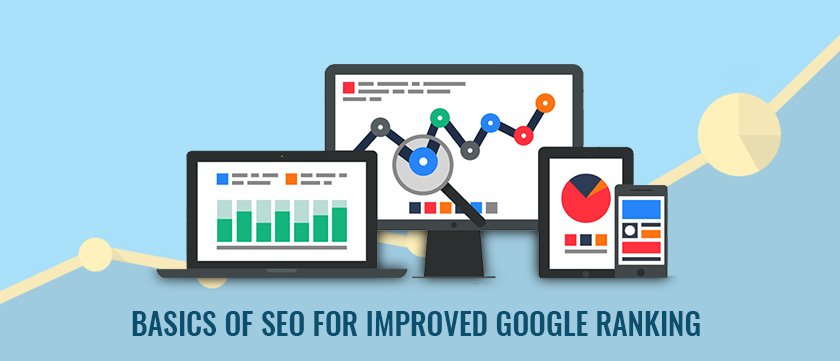
Keyword Research: Speak Your Audience's Language
Before you write a single word, you need to know what people are searching for. Keyword research is the process of finding the words and phrases your target audience uses to find products and services like yours.
Think about the problems your customers are trying to solve. For a plumber, keywords might include "leaky tap repair" or "emergency plumber near me." For an online store, they could be "buy handmade jewellery" or "custom silver rings." Tools like Google Keyword Planner or Ahrefs can help you discover popular keywords and understand their search volume and competition.
On-Page SEO: Optimize Your Content
Once you have your keywords, you need to use them effectively on your website. On-page SEO involves optimizing elements on your actual web pages to help search engines understand your content.
- Title Tags and Meta Descriptions: These are the clickable headlines and short summaries that appear in search results. They should be compelling and include your primary keyword to encourage clicks.
- High-Quality Content: Your content must be informative, well-written, and directly relevant to the user's search query. Avoid stuffing keywords; use them naturally within your text.
- Headings (H1, H2, etc.): Use headings to structure your content and make it easy for both users and search engines to read. Your main keyword should be in your H1 heading.
- Image Optimization: Compress your images to improve page speed and use descriptive alt text that includes keywords.
Technical SEO: Ensure Your Site is Healthy
This is the behind-the-scenes work that helps search engines crawl and index your site efficiently. Technical SEO ensures your website is fast, secure, and easy for bots to navigate.
- Website Speed: A slow site frustrates users and hurts your rankings. Compress images, leverage browser caching, and use a fast web host.
- Mobile-Friendliness: With most searches now happening on mobile devices, your site must be responsive and provide a great user experience on smartphones and tablets.
- SSL Certificate (HTTPS): A secure site (HTTPS) is a ranking factor and builds trust with visitors.
- Internal and External Linking: Link to other relevant pages on your site to create a logical structure. Also, link out to authoritative external sources.
Ready to Take Your Website to the Next Level?
Understanding SEO basics is the first step, but the landscape is always changing. If you're a business owner with a lot on your plate, it can be hard to keep up.
Our team of experts specializes in strategic SEO and digital marketing solutions that can help you rise through the ranks. We’ll handle everything from in-depth keyword research and on-page optimization to technical site audits, allowing you to focus on what you do best.
Contact us today to get a free site audit and discover your website's full potential.

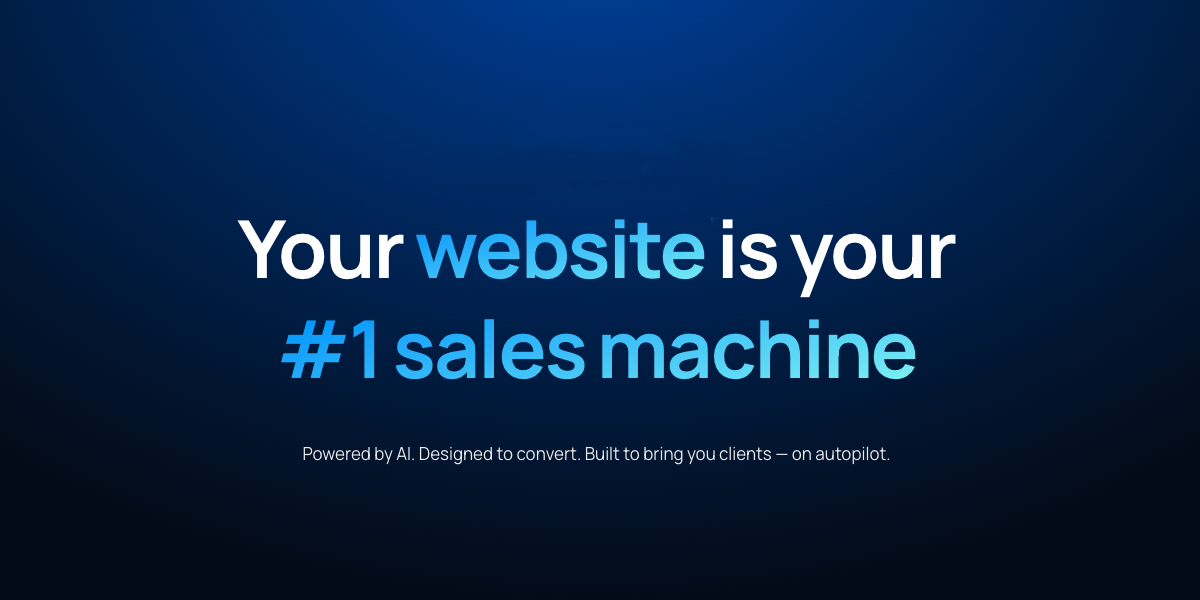
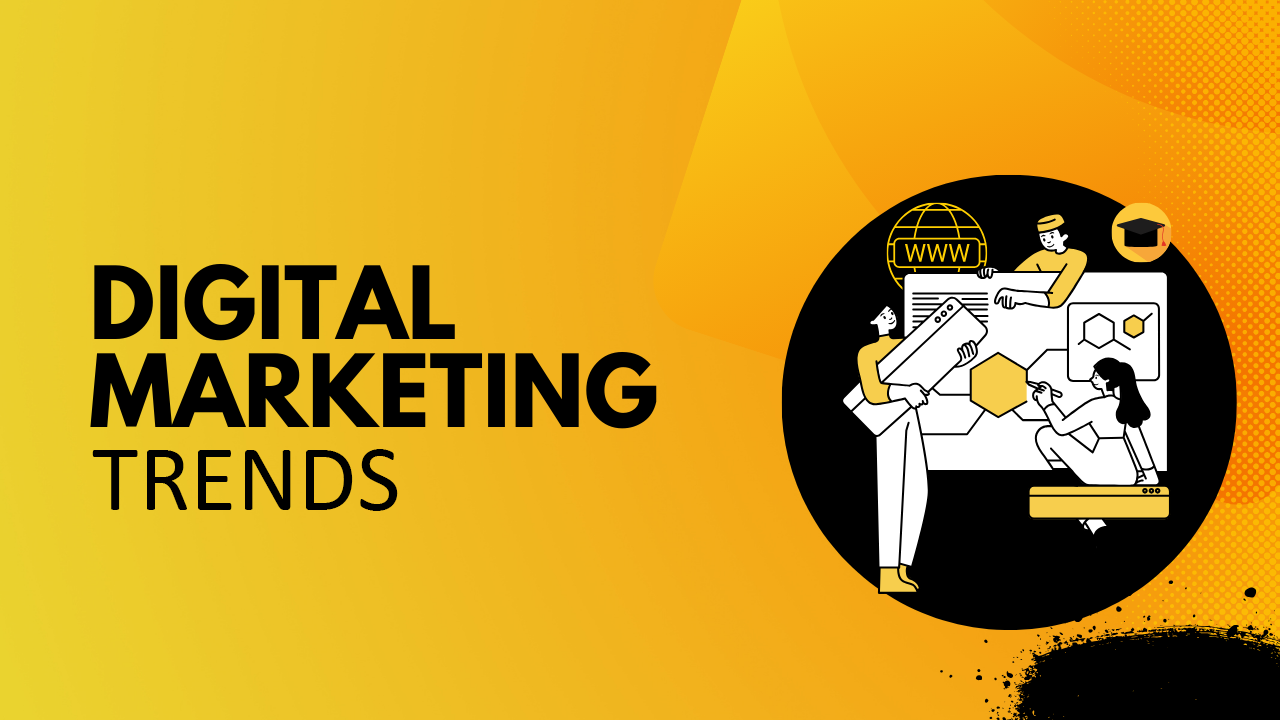
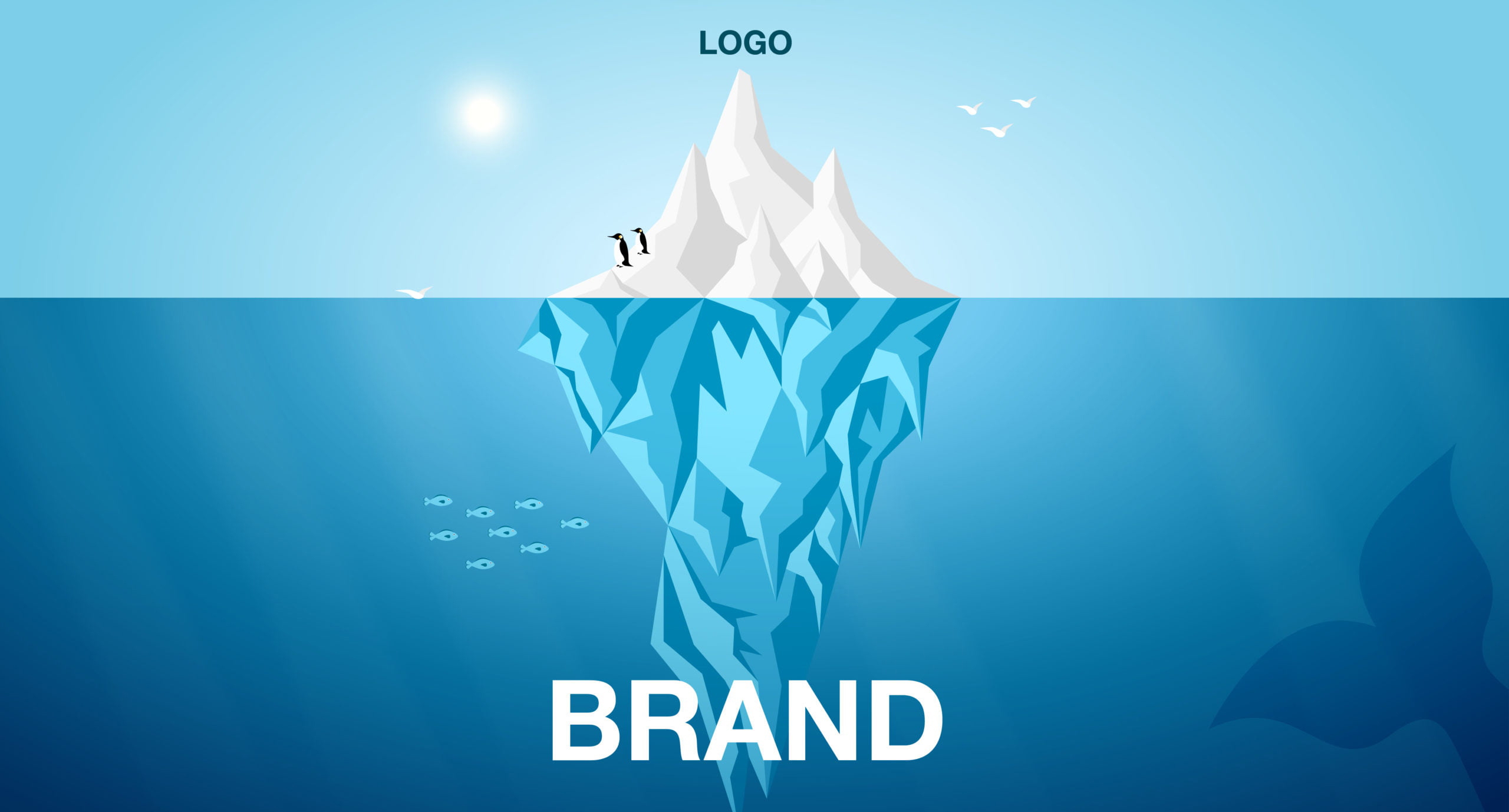

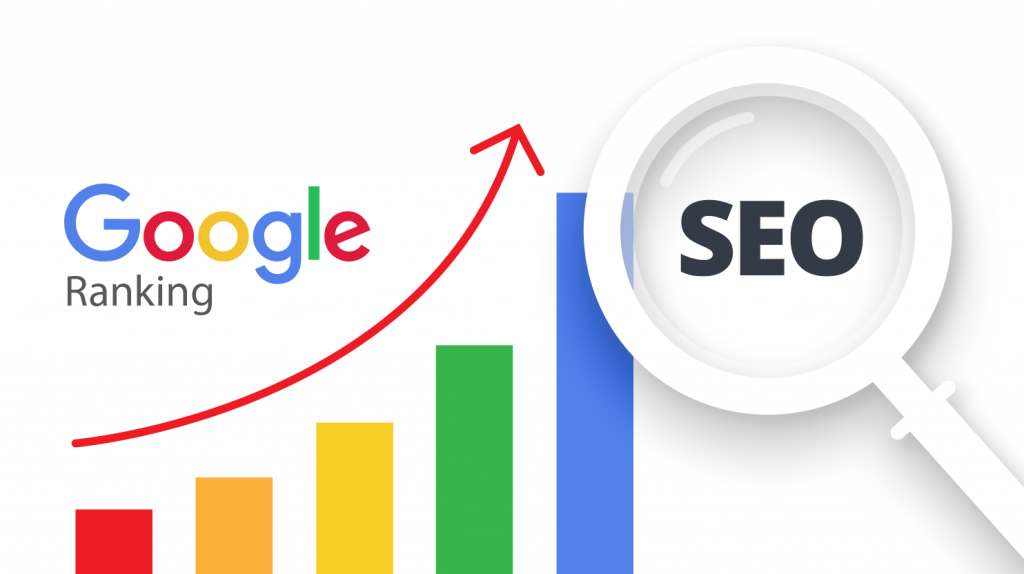
8 Comments
SibuM Reply
This is a great, no-nonsense guide. I know SEO is important, but it always felt so overwhelming. The breakdown into three clear steps makes it feel much more manageable. The technical part still seems tricky, though.
Palesa Reply
"On-page SEO" is the one that really worked for me! I started adding my main keywords to my headings and noticed a small but immediate improvement in my search position. It's a simple change with a big impact.
Khanya Reply
I felt the same way! I'm not a tech expert either. I just focused on getting the on-page stuff right first—writing good, useful content and using the right headings. That alone gave me a boost while I figured out the rest. Don't let the technical stuff stop you.
Lesedi Reply
I'm at the very beginning of my journey. The keyword research section sounds crucial, but I don't have a budget for expensive tools. Are there any good free options to get started?
Mbali Reply
My website is beautiful and works perfectly on my phone, but it still doesn't rank. I've been adding content, but is there a way to know if Google is even "reading" my pages properly?